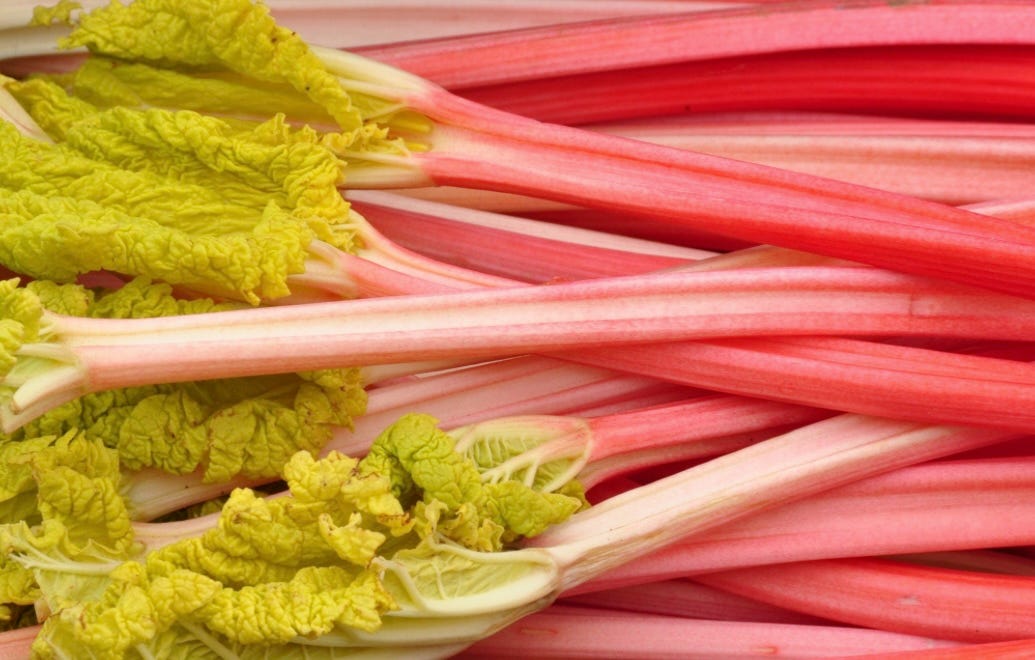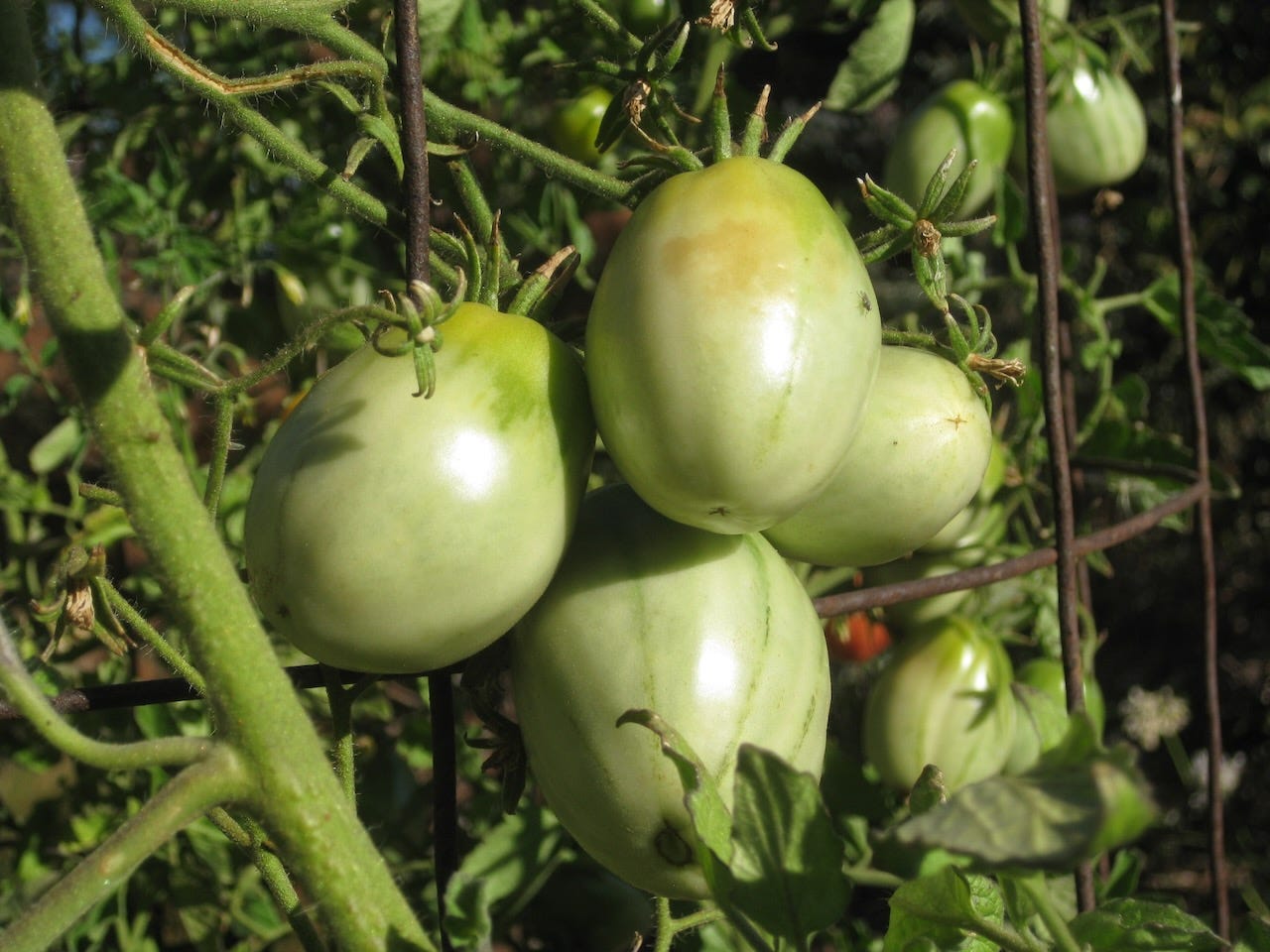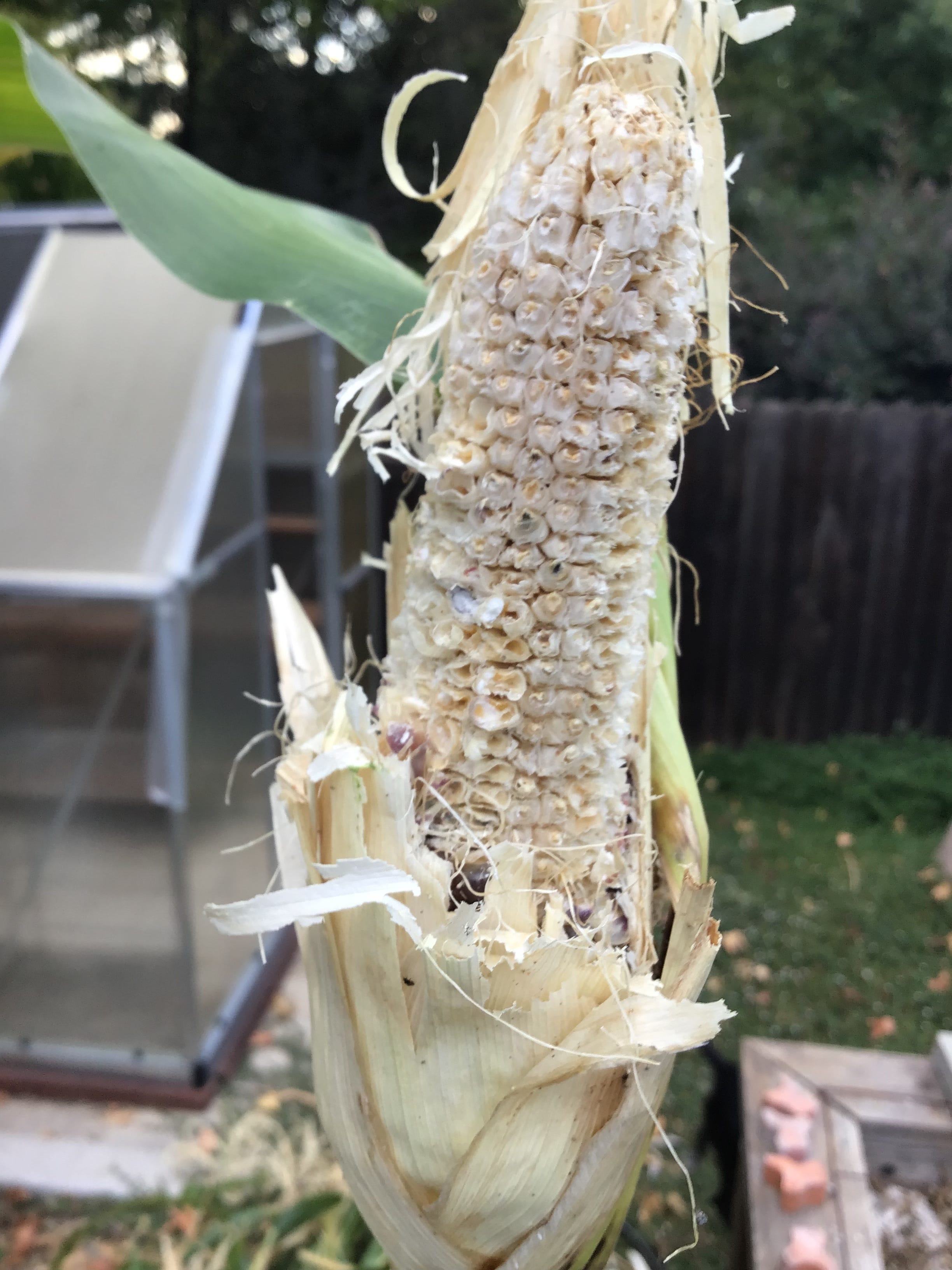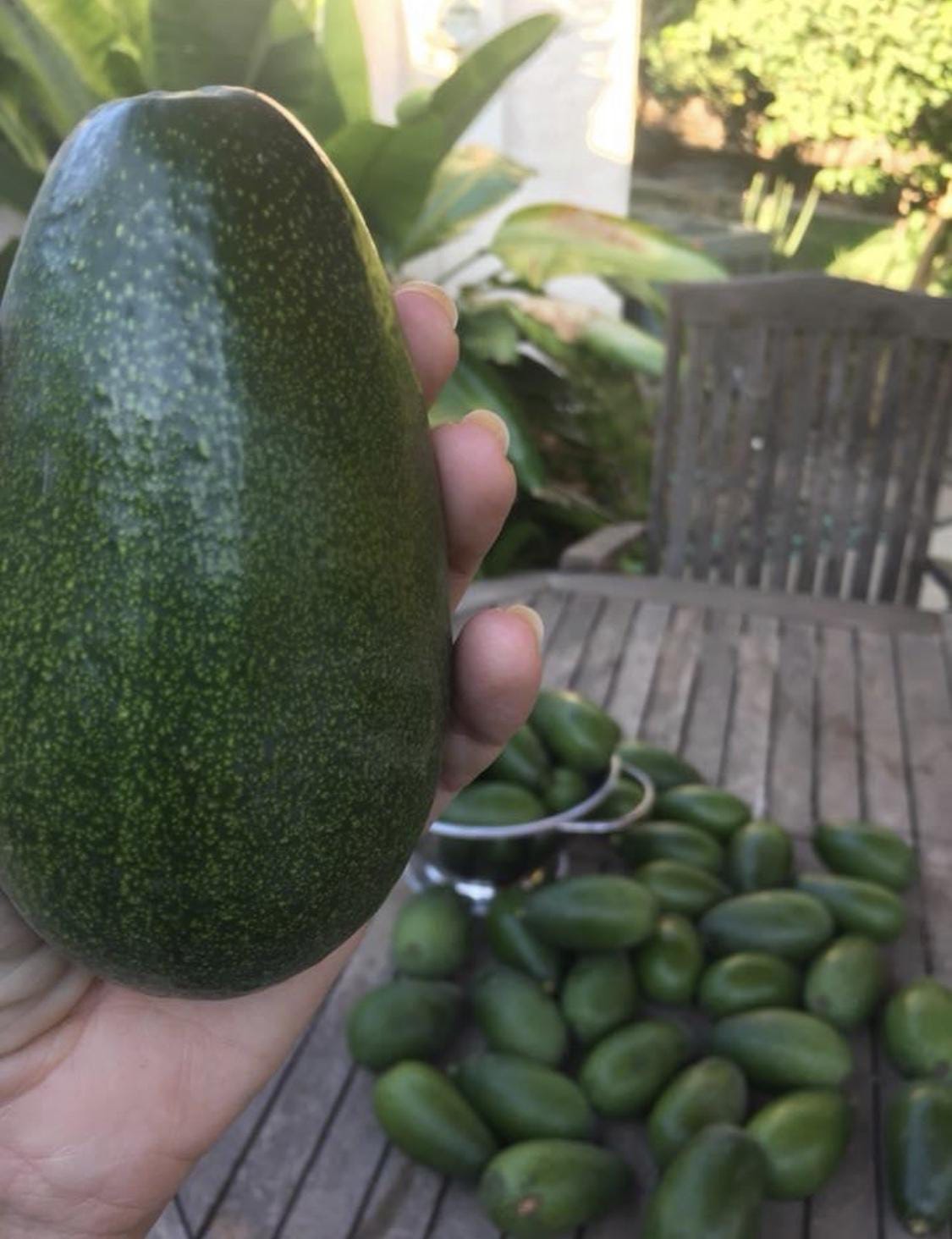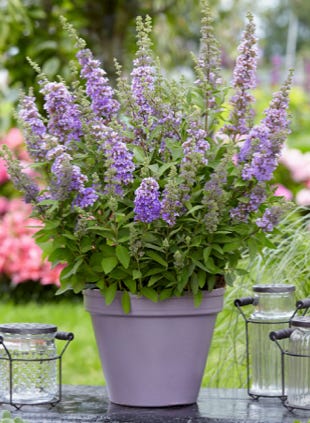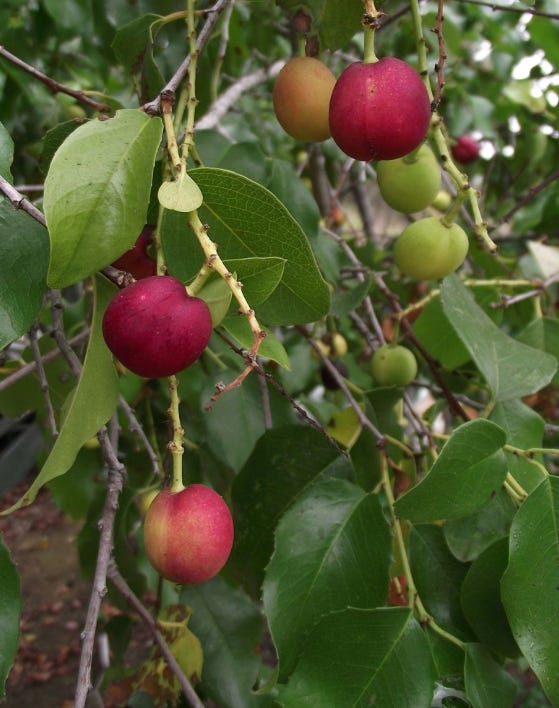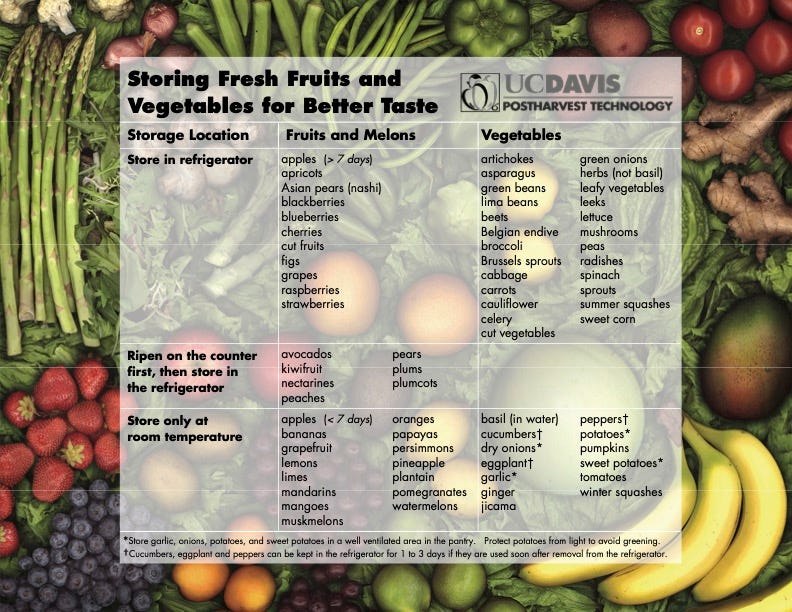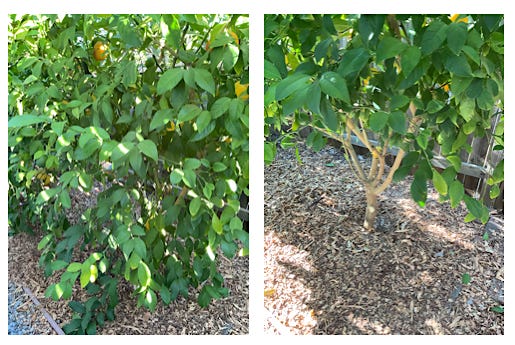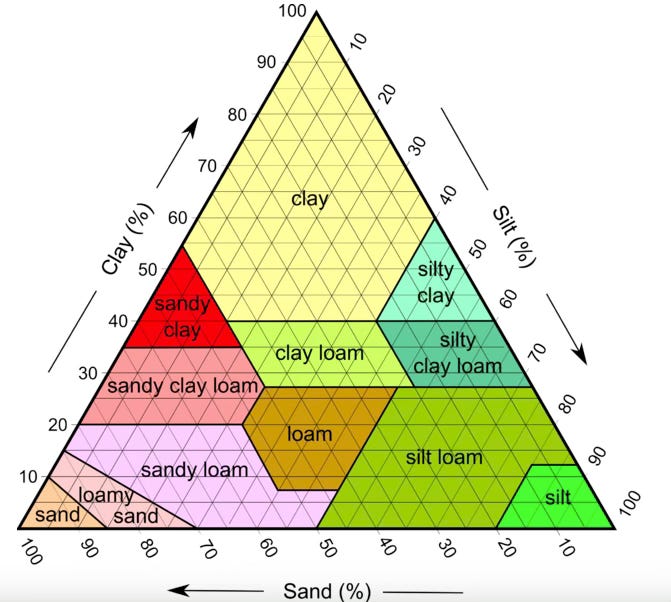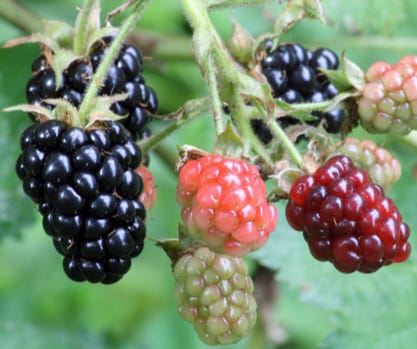Can You Grow Rhubarb in a Warm to Hot Climate? Yes!
Description
If you’re a transplant from a colder USDA Zone to a warmer zone, you may have fond memories of rhubarb pie, strawberry-rhubarb jam, rhubarb crisp, or something more exotic, such as Rhubarb-Blueberry Upside Down Cake. But if you now live in USDA Zones 9 or 10, you may be wondering, is it too hot here in the summer to grow rhubarb? Is it too warm in the winter here to grow rhubarb?
Yes you can! But leave your rhubarb growing techniques back in Wisconsin. The trick to growing rhubarb here is: start from seed, not roots; use varieties that are developed for milder climates; and grow them in the shade.
In the podcast above, we talk with Ronni Kern of the West Los Angeles chapter of the California Rare Fruit Growers Association. She has all the details for growing it successfully here in California and in other milder climates.
But before we dive into the pit of endless rhubarb, a bit of business:
“It’s All About the Soil (for a Successful Garden!)”
Did you listen to Episode 353 of the Garden Basics with Farmer Fred podcast? It’s entitled, “It’s All About the Soil (for a successful garden!)”.
We chat with Kevin Marini, a community education specialist with UC Cooperative Extension in Placer and Nevada Counties, about the topic of soil and gardening. We discuss the pros and cons of using native soil versus commercial soil, the importance of improving native soil, the use of bagged mixes and raised beds, and the role of organic matter and fertilizers in gardening. We also touch on the benefits of mulch and the importance of proper watering techniques. Overall, the conversation emphasizes the importance of understanding and improving soil for successful gardening.
You’ll want to listen to it twice, as well as reading the transcript, for all the handy gardening tips and tricks we mention to achieve an outstanding garden.
The podcast (along with a transcript) is available now wherever you get your podcasts. But if you want an accurate, corrected transcript along with the podcast, go to GardenBasics.net . Thank you for listening (and/or reading!)
Farmer Fred’s Ride for the Kids!
I'm fundraising on behalf of the Sacramento Rotary Club’s 2024 Sac Century Challenge bike ride on September 28th to raise money for the Sacramento Children's Home Crisis Nursery and I could use your support. Here’s the link.
On that date, I’ll be riding my bike, a Surly Midnight Special (NOT an e-bike) 100 miles along the Sacramento River to help out the Sacramento Children’s Home Crisis Nursery. I’ve ridden 100 miles in one day plenty of times…when I was younger.
But at 73, I could use some moral support, and the Sacramento Children’s Home Crisis Nursery can use your pledge money. So, how about it? Maybe pledge 10 cents a mile (that’s $10) along with a hearty, “You go, Fred!” Or a more generous one dollar a mile ($100), to give me the mental endurance for the entire ride, to dodge the pothole-filled levee roads and pedal harder in the ferocious headwinds that makes this ride a real challenge!
The Sacramento Children's Home Crisis Nursery is the only program of its kind in Sacramento County and directly prevents child abuse and neglect by supporting families with small children at times of crisis. The nursery allows parents to bring their children ages newborn to five for emergency hourly or overnight care during difficult times, with the goal of keeping families together and reducing the number of children entering foster care. To care for our community's most vulnerable children, we rely on support from community members like you. By donating, you empower us to provide a safe haven for children throughout the Sacramento area, offering respite to parents during times of crisis, and building a strong support system for the future. Your support helps provide a safe place to stay local kids in need. Again, here’s the link to make a donation to the Sacramento Children’s Home Crisis Nursery. Or do it because this newsletter is still free (for now).
Thank you for your support, and say "Hi!" if you see me pedaling like crazy out there along the Sacramento River on Saturday, September 28th!
Can You Grow Rhubarb? Yes!
Here’s the transcript of the podcast (above) chat with Ronni Kern of the West L.A. California Rare Fruit Growers. There are lots and lots of hot links in the transcript to get you to more information about rhubarb and more!
TRANSCRIPT - How To Grow Rhubarb in USDA Zones 9 and 10.
Farmer Fred:
As you are probably very aware, I've been answering garden questions here in Northern California for, well over 40 years, actually. And nobody ever asked me about rhubarb until I visited the eye doctor a few months ago. And besides her questions, which are usually, “Which is clearer, the first one or the second one?” “One or two?” Her other question was, “Can you grow rhubarb here?”
And nobody in all those years has ever asked me about growing rhubarb before. And I mentioned that to her and I said, well, I'll look into it and see what it is. Now, this was back about five months ago. And since then, what an adventure it has been about the history of rhubarb, the history of rhubarb in California, and how to grow it, and all the varieties. And the short answer to my eye doctor's question is, “yes,” with a few reservations. But to even add more to this story, at a recent gathering of the Master Gardeners of Sacramento County, of which I'm one, I came across a Master Gardener who is growing it here in Sacramento, and she sent me a picture of it. And it is gorgeous. It is growing in full sun, which to find out, can be chancy. But it's doing great. It's a variety called “Success” that she found in Australia, in a seed catalog, French Harvest. We'll get into that, too, because this little voyage with rhubarb is going to take us around the world.
Farmer Fred:
It's an amazing journey, so stick around and you'll find out a lot. We are talking with Ronni Kern. Ronni Kern is with the California Rare Fruit Growers Association, and she is down in West Los Angeles for that chapter. And I'm very familiar with the California Rare Fruit Growers here in the Sacramento area. And one thing I know about them, they love to experiment. They love to try new things. That's the whole idea of being a gardener. And the California Rare Fruit Growers Association is full of very curious gardeners. And Ronni is one of those. Ronni Kern also had the same issue I had with finding rhe answer to the question, can you grow rhubarb in California?
Farmer Fred:
And for years, it was like, no, you can't. It gets too hot here. It doesn't get cold enough in the wintertime. Well, California has a lot of climates. And in fact, in her research about growing rhubarb in California, she discovered that actually it was a thriving crop at one time here. Actually, the rhubarb seeds that were developed here, that grew here, came from a very famous seedsman, and you know him well, Luther Burbank, who farmed in Santa Rosa, which, as you may know, gets rather hot as well, over 100 degrees in the summertime. And he was very effusive about the varieties of rhubarb that he was growing. When I start mentioning this about rhubarb to people, if they're from the Midwest, oh, their eyes light up because they remember, oh, yeah, yeah, yeah. I used to love rhubarb pie, fresh rhubarb, jellies and jams.
Farmer Fred:
And they're usually from the Midwest or back east, as is Ronni Kern. Ronnie, you were born and raised in Rhode Island?
Ronni Kern:
Well, actually, I was born in Brooklyn, but I was raised in Rhode Island.
Farmer Fred:
It sounds like your parents, though, would have no business being in New York City, considering how much they loved fresh picked fruit.
Ronni Kern:
Well, my mother loved fruit. My dad was the one from Brooklyn. My dad was not much of an eater until lwhen I was in my 20s, I had a huge organic garden in Vermont and suddenly discovered, oh, “vegetables have taste”. Because when he was growing up, his mother didn’t cook. And my mother cooked frozen vegetables. So he basically was not an eater. My mother was. So it was my mother who was the fruit

